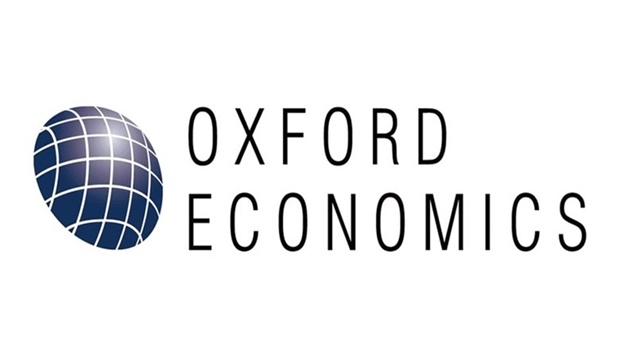By leveraging current economic diversification plans, the region can bridge the investment gap with "greener" capital stock. In doing so, some countries in the GCC could emerge as leaders in the fight against climate change.
The report noted Mena has great potential for solar and wind energy, which can be harnessed with improvements in storage technology.
The region also has potential for hydrogen and carbon capture, storage, and use (CCUS), it said.
Yet, while the abundance of natural resources points to untapped renewable potential, electricity generation from renewables in Mena still lags the rest of the world.
However, decarbonisation and encouraging green growth will require the right incentives.
Carbon pricing will help renewable energy become more competitive, given the abundance of cheap fossil fuels in the region. Support for those adversely affected by the carbon transition, such as workers in fossil-fuel-related sectors, will also be necessary.
That said, the transformation to a decarbonised economy can help the Mena region save on costs by increasing energy efficiency and seeking growth opportunities in renewables.
Two GCC countries are already looking to develop their capabilities in blue and green hydrogen.
Mena countries can also adapt to existing climate threats of rising temperatures and drought, and in doing so, reap the benefits of reduced pollution in their cities, Oxford Economics said.
The World Bank estimates the Mena region needs to spend 8.2% of GDP to meet its infrastructure goals by 2030. Historically, the region has spent around 3% of GDP, with most of it coming from the public sector.
This is consistent with observed gross fixed capital formation figures, which show that investment in the region currently lags the world average.
“As the region strives to fill this gap, additional capital investments can be climate-friendly from the start, as it is easier to invest in green initiatives than having to clean up existing carbon-intensive industries,” Oxford Economics added.


